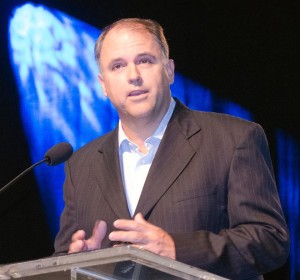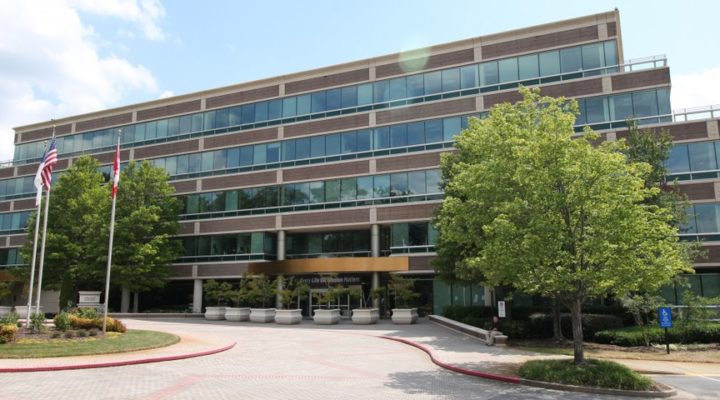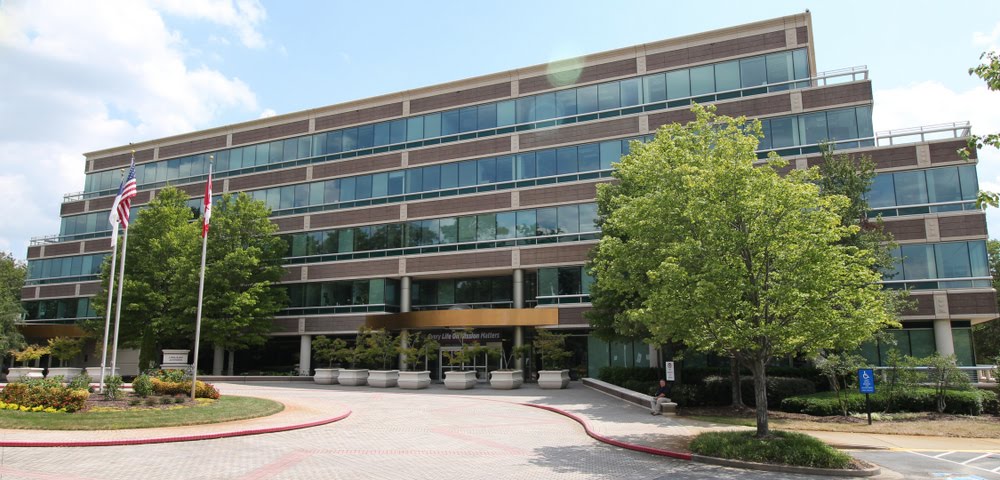For those who are keeping score at home, the stats are now Will McRaney 4 and North American Mission Board 1.
But this legal game is far from over.
In the latest twist to the curious case of McRaney’s lawsuit against the Southern Baptist Convention’s massive church-planting agency, a U.S. District Court on Jan. 12 denied NAMB’s request for a partial summary judgment, meaning the discovery phase of the case must proceed.

Will McRaney
That means NAMB, based in Alpharetta, Ga., could finally be forced to turn over documents and answer questions about its role — and specifically its president’s role — in allegedly pressuring the Baptist Convention of Maryland and Delaware to fire McRaney as its executive director in 2016.
Keeping up with this case requires a virtual scorecard because it has been winding its way through various courts for nearly five years now — most recently when the U.S. Supreme Court denied NAMB’s request to end the case once and for all. That inaction by the nation’s high court sent the case back to the U.S. District Court for the Northern District of Mississippi.
Back in Mississippi, NAMB asked for the partial summary judgment before the discovery phase of the potential trial had been completed. Discovery is a legal term for the gathering of facts, including deposition of key witnesses and submission of key documents.
The district court ruled that according to civil law procedure, discovery must be completed before a motion for summary judgment could be considered. Summary judgment is a legal term for a court ruling that the facts of a case are so clear or compelling that a trial is unwarranted or that the case has no merit.
In this case, the court said such a judgment cannot yet be made. Then, after completion of discovery, the defendant may re-file its motion for consideration.
This ruling indicates a leaning toward neither side in the case but does present a potential hardship to NAMB, which has thus far avoided answering some of the hardest questions McRaney has put against them.
This ruling indicates a leaning toward neither side in the case but does present a potential hardship to NAMB, which has thus far avoided answering some of the hardest questions McRaney has put against them.
Unless certain depositions or documents are placed under seal by the court, they become matters of public record.
After the earlier Supreme Court ruling, McRaney said: “From day one my intent has been to get the truth out there and to expose the harm and damages done to the Southern Baptist Convention, me and to other Baptist bodies and leaders. Now we will see what the evidence and sworn testimony reveal.”
The case has drawn national attention, particularly among leaders of religious groups, because it opens the door for a potentially important dive into how far the “religious exemption” given to faith-based entities extends. Courts generally decline to get involved in “ecclesial” matters.
McRaney has contended that his firing by the Maryland-Delaware convention — which he says was demanded by NAMB President Kevin Ezell as retribution — falls outside that religious exemption because NAMB was not his employer.

Kevin Ezell
When NAMB sought to change its relationship and funding agreement with the Maryland-Delaware convention, McRaney resisted. He contends he was an early victim of a dispute between state Baptist conventions and the national SBC. His lawsuit claims that because he resisted the changes required by NAMB — and specifically Ezell — Ezell and other NAMB officials demanded his termination by the two-state convention, which in theory is fully independent of the SBC. And he claims that demand came with a threat to withhold $1 million in annual funding if McRaney were not fired.
Further, according to court documents: McRaney alleges that “NAMB leadership continued to interfere with business and contractual relationships that McRaney had with third parties.” That included McRaney being disinvited to speak at events sponsored by two other state Baptist conventions, one in Florida and one in Mississippi.
Along the way, McRaney has won four key procedural rulings, compared to one favoring NAMB that later was overruled. But the case has yet to be tried.
What began as a state court case in Mississippi in May 2017 got elevated to a federal court at the request of NAMB’s attorneys. Nearly two years later, in April 2019, Judge Glen Davidson of the U.S. District Court Northern District of Mississippi dismissed McRaney’s lawsuit, saying the court could not consider McRaney’s claims because of a tenet known as the ecclesiastical abstention doctrine.
McRaney argued on appeal that the ecclesiastical abstention doctrine did not apply. That led a three-judge panel of the U.S. Court of Appeals for the Fifth Circuit in July 2019 to reverse the earlier dismissal, saying this case appeared to be about more than “purely ecclesiastical questions.”
In August 2020, NAMB asked for a full court hearing of the case rather than it being sent back to the District Court judge who had ruled before. That request was denied in November 2020, prompting NAMB on Feb. 17, 2021, to file a petition for a writ of certiorari, asking the Supreme Court to review the earlier ruling of the U.S. Court of Appeals for the Fifth Circuit. That is what the court denied on June 28, 2021.
Related articles:
Supreme Court rejects NAMB’s request, sending McRaney case back to trial
SBC agency’s appeal to Supreme Court touches on religious liberty, defamation and Baptist autonomy


